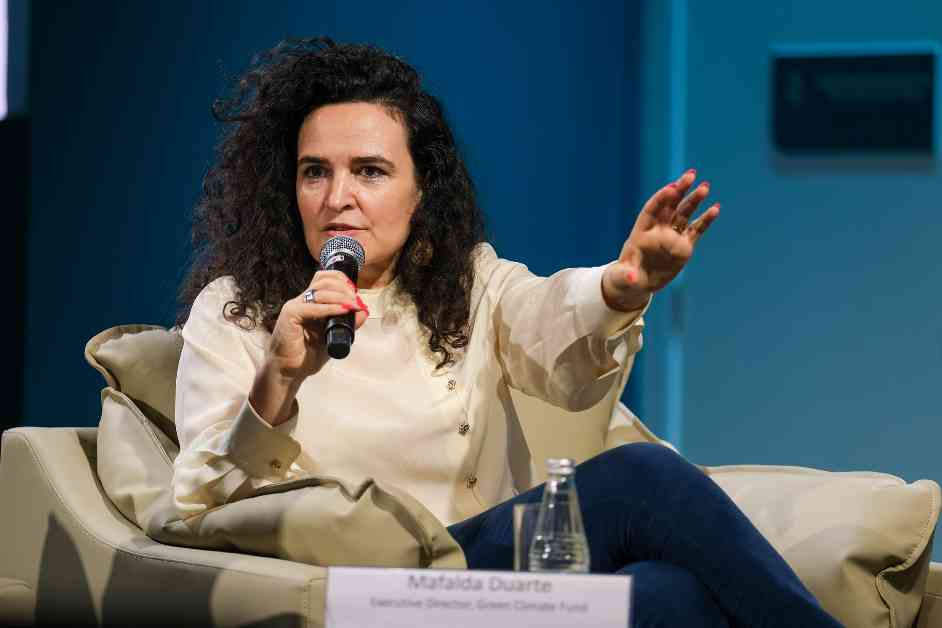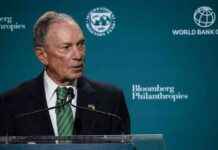The UN’s Climate Fund Seeks Global Support Amid US Funding Cuts
The recent withdrawal of $4 billion in pledges by the United States to the Green Climate Fund (GCF) has sparked concerns among global leaders regarding the future of crucial climate finance for developing nations. Mafalda Duarte, the Executive Director of the GCF, emphasized the significance of continuing to invest in initiatives aimed at reducing greenhouse gas emissions and assisting vulnerable countries in adapting to the impacts of climate change. In a post on LinkedIn, she highlighted the interconnected nature of climate change, stressing that the consequences of inaction will have far-reaching effects beyond borders.
Trump’s decision to pull back the $4 billion pledged by the US administration has raised alarms about the existential threat faced by climate projects worldwide. Previous commitments made by Barack Obama and Joe Biden to contribute $3 billion each towards the GCF were not fully realized due to Congressional approval requirements. The GCF, established in 2010 to allocate climate funding to developing nations, has supported projects worth $16 billion in 133 countries, with major contributions from countries like Germany, the United Kingdom, and Japan.
Economic Opportunities and Strategic Influence in Climate Action
Duarte underlined the economic benefits and strategic influence that countries can gain by leading in climate finance and investing in climate projects globally. She emphasized that nations at the forefront of climate action will likely shape the future economy and have a significant impact on setting the global agenda. Her remarks align with similar sentiments expressed by UN climate chief Simon Stiell, who emphasized the opportunities presented by the transition to clean energy.
While renewable energy projects may attract alternative investors more easily, grant-based climate resilience programs, heavily reliant on aid funding or organizations like the GCF, could face greater challenges following the US funding cuts. Duarte shared a success story of a GCF-backed project in El Salvador that has enabled communities to mitigate the impacts of prolonged droughts on agriculture and livelihoods.
Looking Ahead: Challenges and Opportunities for Climate Action
Despite the setback caused by the US withdrawal, existing GCF programs are fully funded from current resources, ensuring continuity in ongoing initiatives. However, the GCF anticipates approving up to $3 billion in new projects this year and acknowledges that unmet pledges could constrain its ability to support the climate ambitions of developing countries. The global community faces a critical juncture in addressing climate change, with the need for collective action and sustained financial support becoming increasingly urgent.
As world leaders deliberate on the future of climate finance and the role of international cooperation in combating climate change, the message from organizations like the GCF remains clear: investing in climate action is not just a moral imperative but also a strategic opportunity for economic growth and influence on the global stage. The decisions made today will shape the trajectory of our planet’s future and determine the legacy we leave for future generations.














